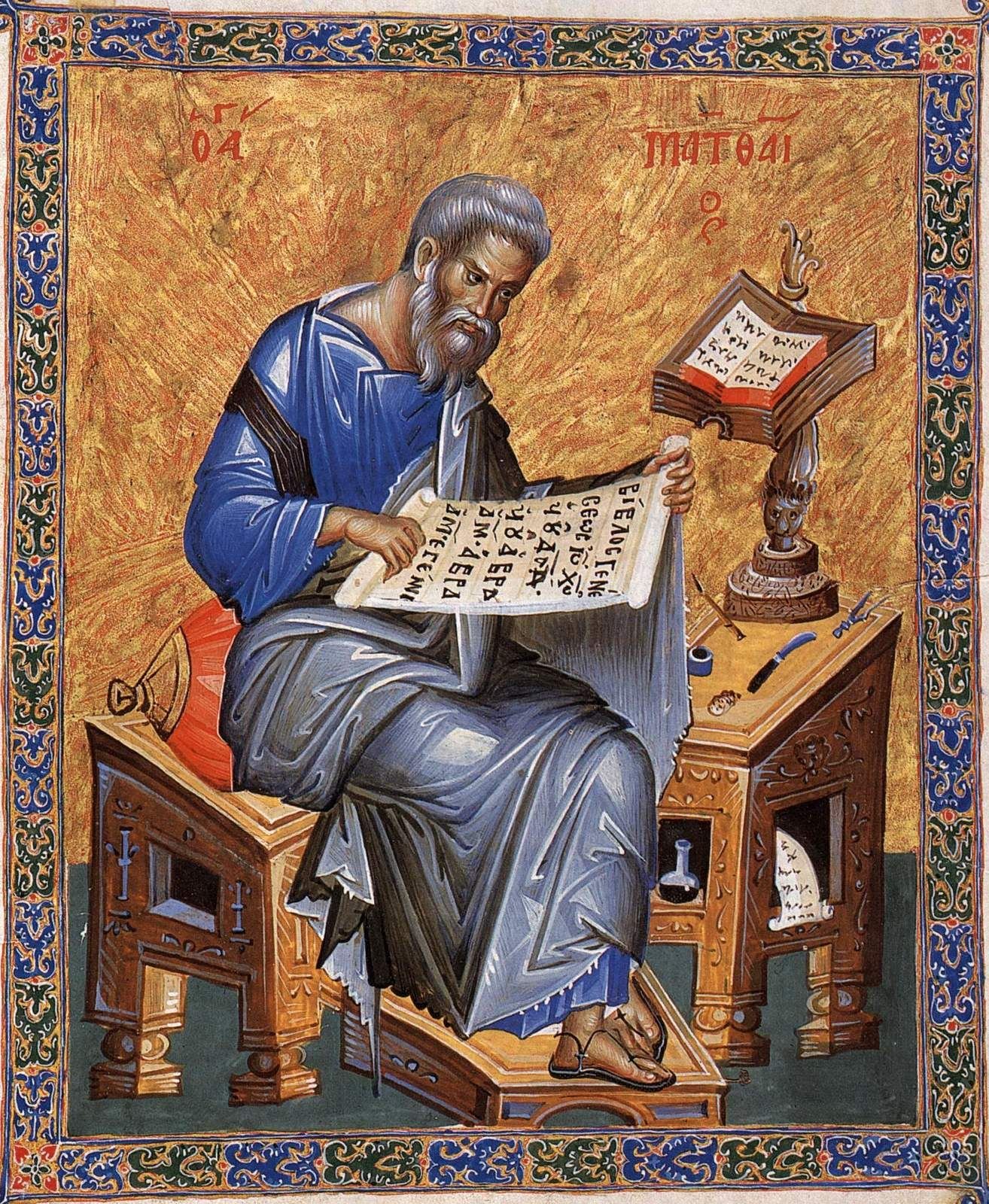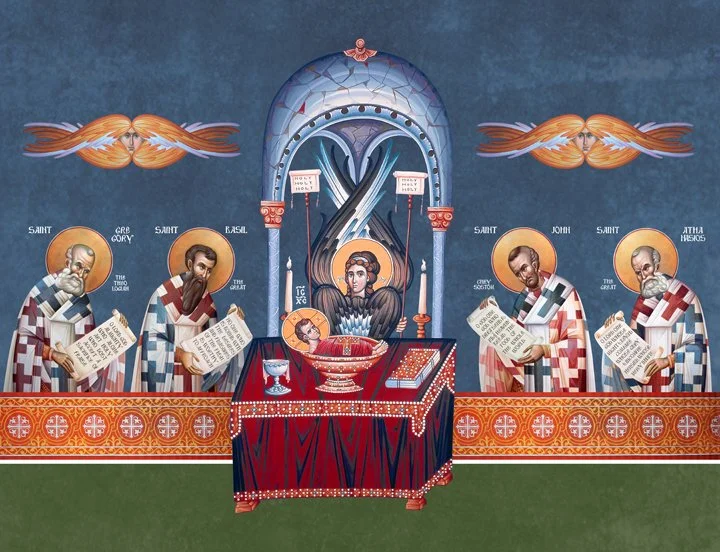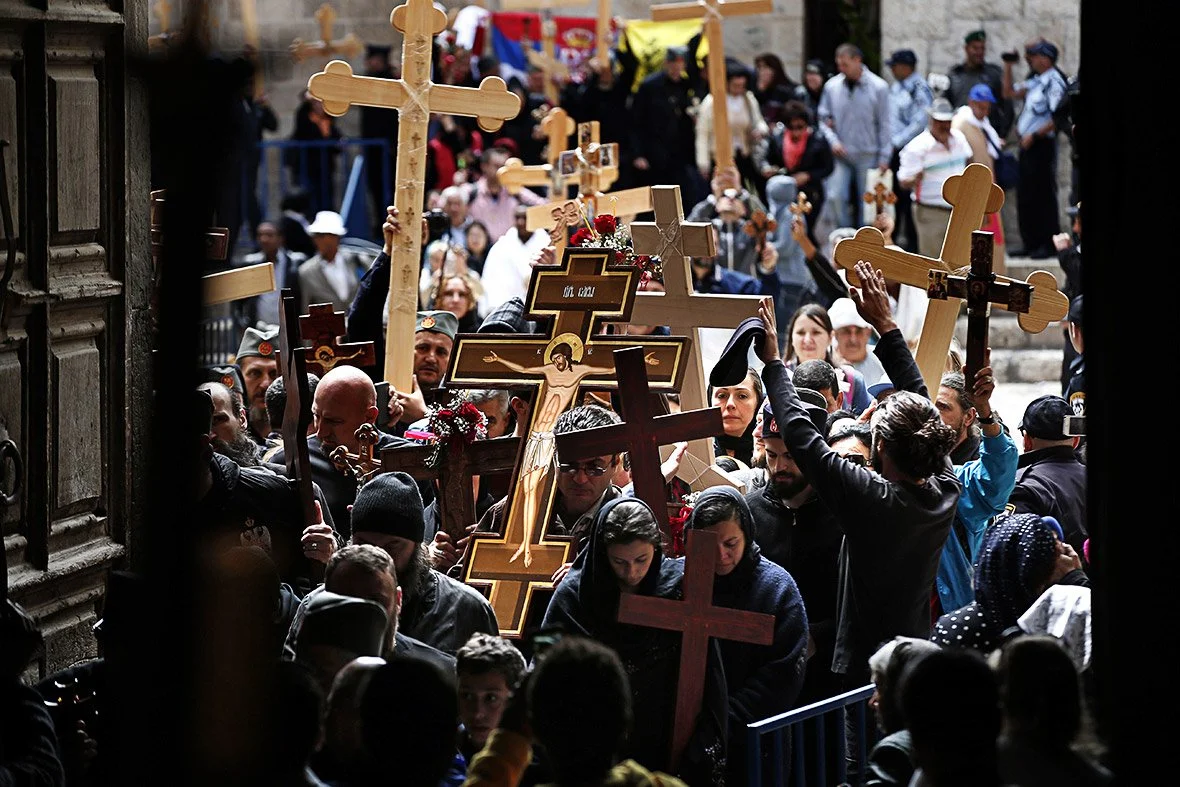
Adult Catechism
2023
There is “one, holy, catholic, and apostolic Church” (Creed). The Church is the assembly of the people of God, the Body of Christ, who believe in Him and follow His precepts of salvation in Jesus Christ.
Ecumenical Councils were called to deal with controversies in the Church. They dealt with heresy, church governance, and Christian life.
“We knew not whether we were in heaven or on earth, for surely there is no such splendor or beauty anywhere upon earth. We cannot describe it to you: only this we know, that God dwells there among humans, and that their service surpasses the worship of all other places. For we cannot forget that beauty.”
In our worship services Sacraments hold the central spot. They have a double character of an outward visible sign and an inward spiritual grace called Mysteria because “what we believe is not what we see” (St. John Chrysostom). Their role is to bring us into union and communion with God.
In our worship services Sacraments hold the central spot. They have a double character of an outward visible sign and an inward spiritual grace called Mysteria because “what we believe is not what we see” (St. John Chrysostom). Their role is to bring us into union and communion with God.
“Prayer is a harbor in the storms of life, an anchor for those who are storm-tossed, the treasure of the poor, the security of the rich, the healing of the sick, the preservation of health. Prayer banishes evil things and preserves the good. Prayer silences the passions of the soul, assuages the rebellion of anger, dismisses envy, dissipates evil desire, withers the love of worldly things, and brings great peace and serenity to the soul." (St. John Chrysostom)
Feasts celebrate events in the life of Jesus and the saints. Besides days of celebration, there are periods of fasting. God created us with body and soul. Just as the soul needs training with prayer and meditation, the body needs training with fasting. The fruit of fasting is self-control, one of the most important virtues protecting us against sin.
2024
The Bible is the story of God reclaiming what belongs to Him – the story of redemption.
The New Testament (NT) is the second division of the Holy Bible. It is a written witness to the life and teachings of Jesus Christ and the early Church.
Stewardship is a way of life, which acknowledges accountability, reverence, and responsibility before God.
Holiness is a biblical word that means “unique, set apart.” God is the source of holiness. Because He created us in His image, we are called to become holy like Him. This is our life’s purpose.
The aim of the Christian life is deification (to become like God). This is the life-long process of becoming holy. It involves the soul and the body. Some people have been recognized as reaching deification (the saints).
The aim of the Christian life is deification (to become like God). This is the life-long process of becoming holy. It involves the soul and the body. Some people have been recognized as reaching deification (the saints).
“Give to him who asks you, and from him who wants to borrow from you do not turn away” (Matthew 5:42).
If we confess our sins, He is faithful and just to forgive us our sins and to cleanse us from all unrighteousness.” (1 John 1:9)















Holy Tradition is the total of the truths transmitted by Christ to the Apostles and then to the Church and formulated in by Ecumenical Councils…